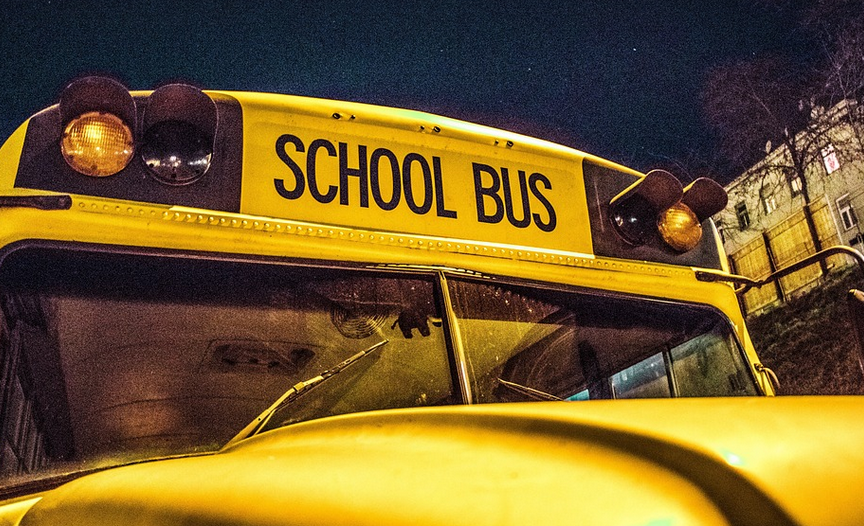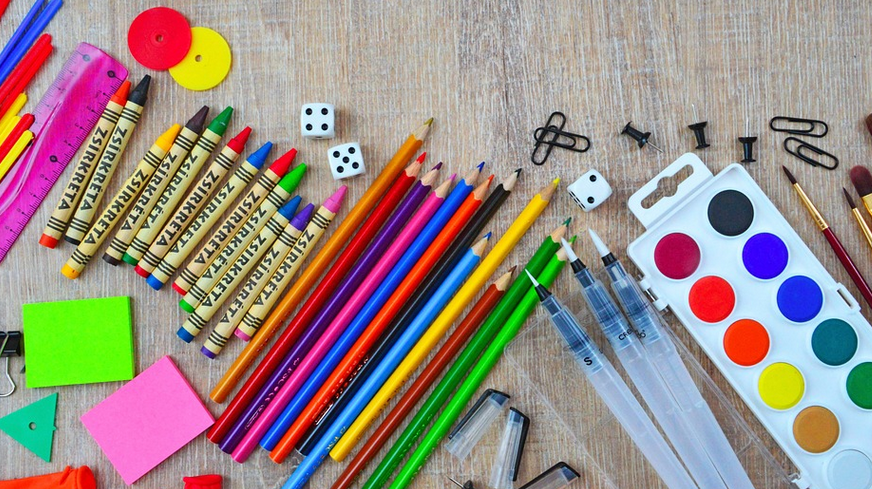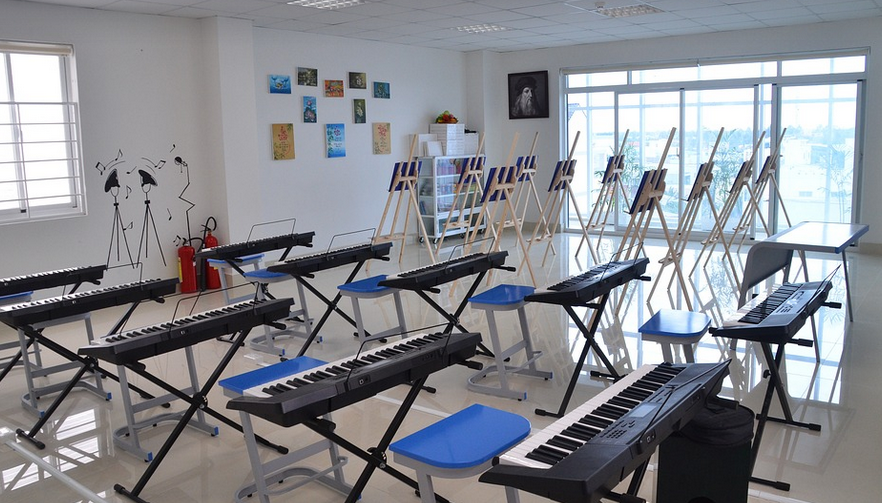
The Magic of Independence in a Learning Universe
Imagine this: your child, naturally curious about the world around them, eagerly engages with hands-on activities, exploring their passions and developing a love for learning. A classroom buzzing with activity, collaborative projects taking shape, and individual creativity blossoming alongside shared experiences – that’s the essence of Montessori education! While traditional classrooms often emphasize memorization and standardized tests, Montessori goes beyond these surface-level approaches to nurture well-rounded individuals.
Montessori: Nurturing a Mindful World
The heart of Montessori lies in fostering self-directed learning within a carefully designed environment. It’s about empowering children to take charge of their education, using their innate capacity for exploration and discovery. Instead of rigid structures, a Montessori classroom offers a flexible approach where learning takes place at the individual pace of each child.
This individualized journey starts with carefully prepared environments – meticulously arranged spaces with age-appropriate materials that foster hands-on learning through play. The focus is on fostering curiosity and exploration: from manipulating wooden blocks to engaging in nature-inspired activities, children are encouraged to discover the world around them at their own pace.
A Personalized Path to Mastery
Traditional classrooms often rely on a one-size-fits-all approach. Montessori embraces individuality – each child learns at their own rhythm and with their own interests in mind. This is not about “learning the material” but rather understanding what sparks intrinsic motivation – be it art, music, building, or nature.
The curriculum focuses on developmental stages: from pre-school exploration to elementary school mastery. Children naturally progress through these stages, learning and absorbing information in a way that feels both comfortable and meaningful. The Montessori approach doesn’t just teach academic subjects; it emphasizes the development of critical thinking, problem-solving skills, and social responsibility.
Beyond Test Scores: Cultivating Well-Rounded Individuals
While standardized testing remains a part of education in many countries, Montessori prioritizes holistic development. It’s about nurturing children’s creativity, resilience, emotional intelligence and critical thinking – qualities that go beyond test scores and will serve them well throughout their lives.
For example, Montessori classrooms often encourage project-based learning: from designing a model of a city to raising awareness about environmental issues, these experiences help kids develop problem-solving skills, understand the impact of their actions, and cultivate a sense of purpose.
A Collaborative World
Montessori fosters collaboration, not just amongst students but also within the classroom environment. These collaborative spaces are designed to encourage interaction, discussion, and shared learning – from group projects to student-led discussions – fostering the development of social skills and a sense of community.
The Power of Observation
At its core, Montessori is about observation: observing children’s interests, their natural rhythms, their individual strengths and challenges. This allows teachers to tailor learning experiences to each child’s needs. From providing extra support for struggling learners to recognizing a budding artist or musician – the classroom becomes a space of discovery and growth.
A World of Possibilities
Montessori education opens doors to a world of possibilities, preparing students for success not just in academics but also in personal and professional life. The emphasis on independence, self-directed learning, and hands-on exploration equips children with the skills they need – from problem-solving and critical thinking to emotional intelligence and creative expression – to navigate the challenges and opportunities that lie ahead.
A Journey of Growth
The journey through Montessori education is deeply personal. It’s about discovering what sparks your child’s passions, nurturing their talents, and preparing them for a life of learning, growth, and meaningful accomplishment.




